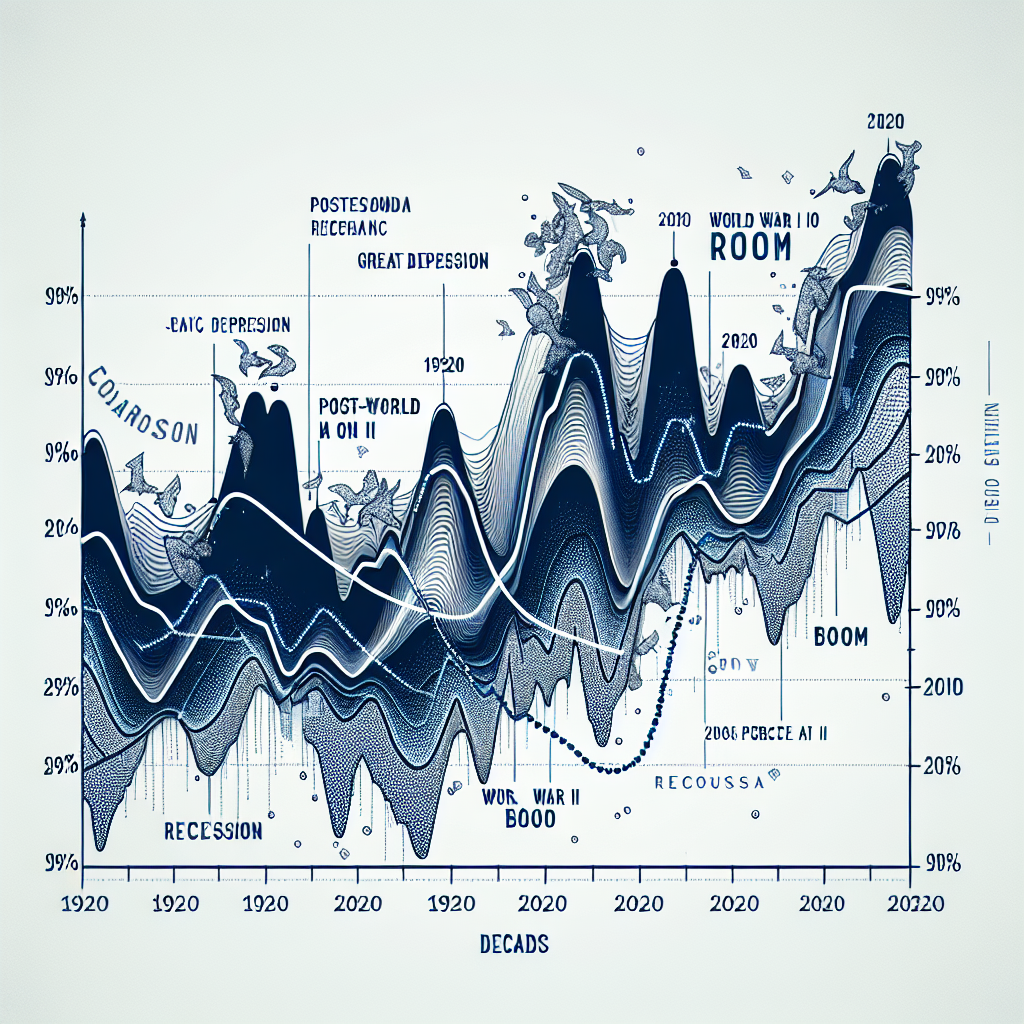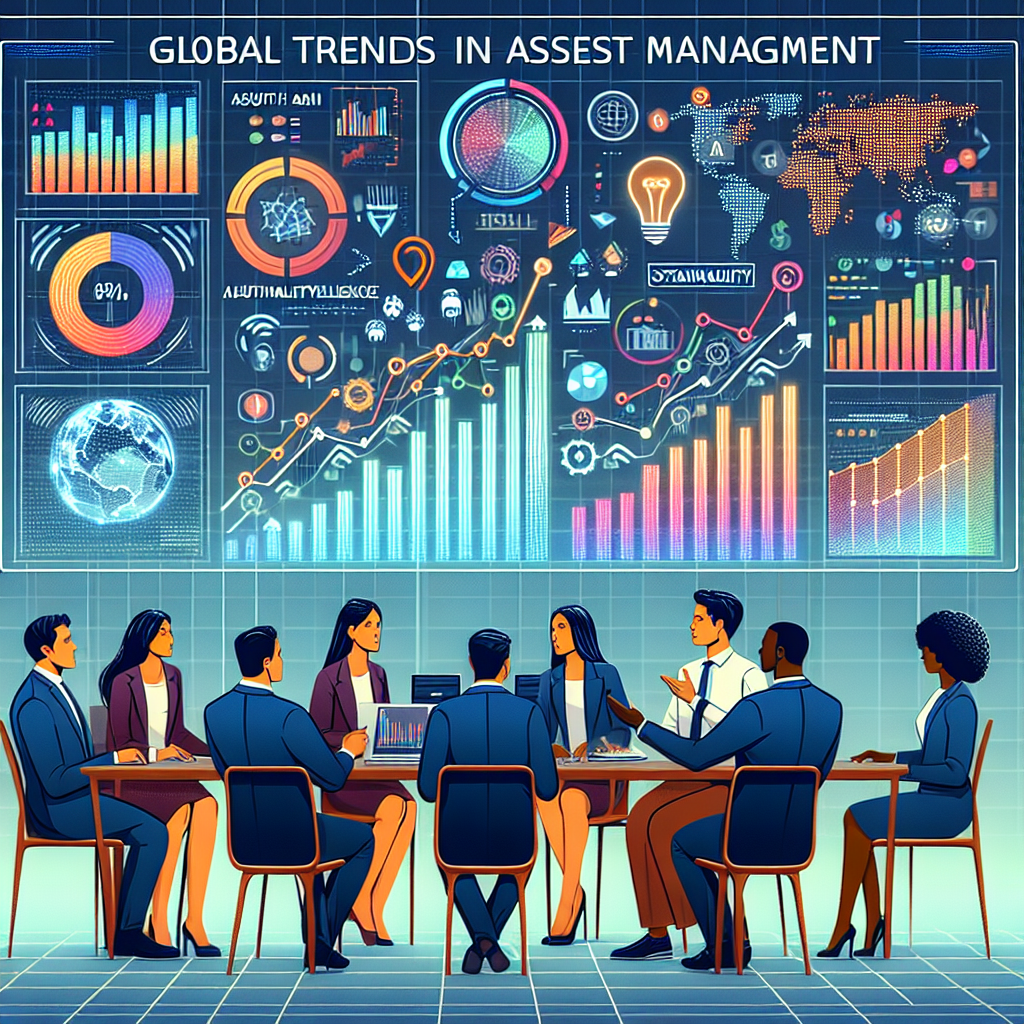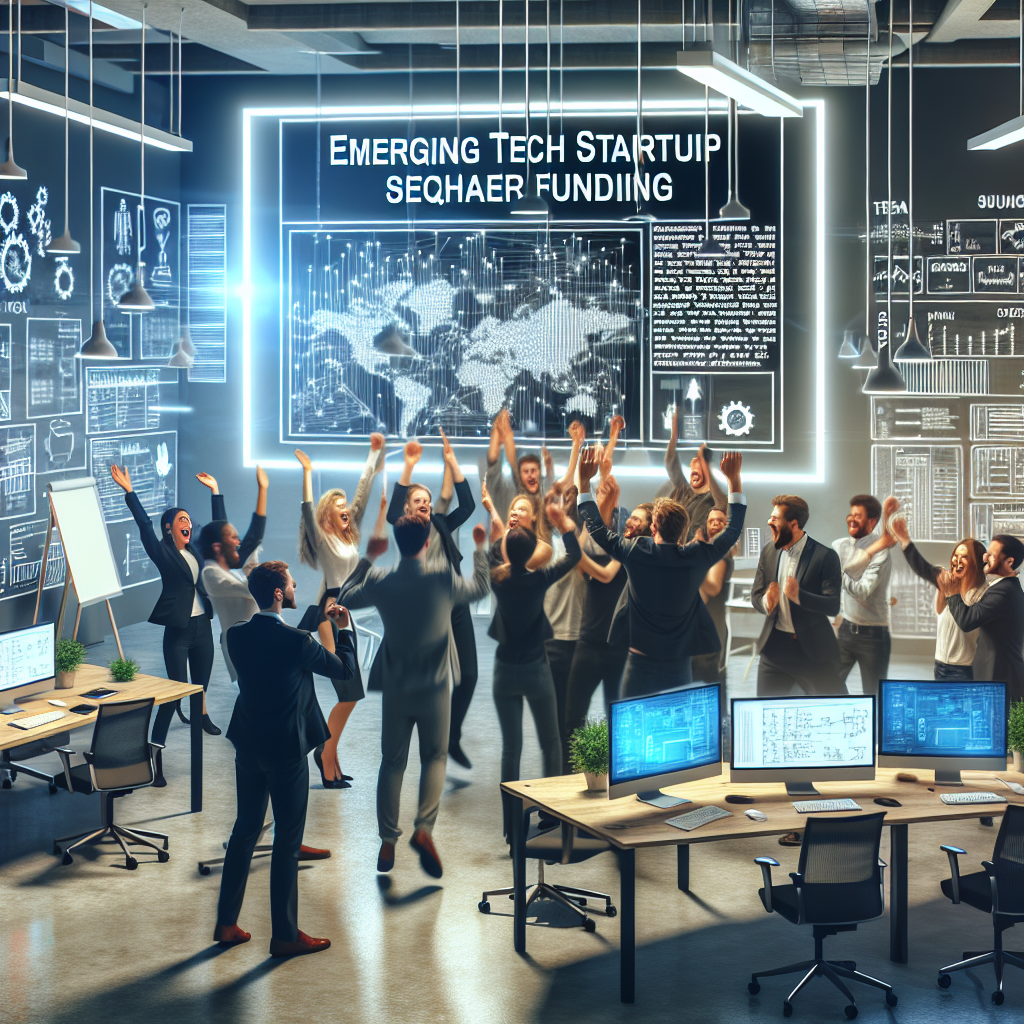Global Economic Growth Trends
In the fast-paced world of global economics, it is essential to keep up with the latest trends and developments. The global economic landscape is constantly changing, influenced by a multitude of factors including technological advancements, geopolitical events, and environmental issues. This article delves into the current trends shaping global economic growth.
Technological Innovations
Impact of Artificial Intelligence and Automation
One of the most significant trends in the global economy is the rise of artificial intelligence (AI) and automation. These technologies are revolutionizing industries across the globe, leading to increased productivity and efficiency. However, they also pose challenges, particularly in terms of job displacement. Economies that can effectively integrate these technologies while managing their social implications are likely to experience robust growth.
Digitization and the Rise of E-commerce
The digital revolution has also significantly impacted global economic trends. The rise of e-commerce has transformed the retail sector, with online sales growing exponentially. This trend has been further accelerated by the COVID-19 pandemic, which has forced many businesses to shift their operations online. Economies that can adapt to the digital era and promote e-commerce are likely to experience significant economic growth.
Geopolitical Developments
Trade Wars and Economic Nationalism
Geopolitical developments, such as trade wars and economic nationalism, are also influencing global economic trends. The ongoing trade war between the United States and China, for example, has had significant implications for the global economy. Similarly, the rise of economic nationalism in various parts of the world is reshaping international trade and investment patterns. These developments can lead to economic uncertainty, potentially slowing global economic growth.
Brexit and its Economic Implications
Brexit is another geopolitical event that is shaping global economic trends. The withdrawal of the United Kingdom from the European Union has created economic uncertainty and is likely to have long-term implications for both the UK and EU economies. The impact of Brexit on global economic growth will depend on the nature of the future relationship between the UK and EU, as well as the UK’s trade relationships with other countries.
Environmental Considerations
Climate Change and Sustainable Development
Climate change and sustainable development are increasingly important considerations in the global economy. There is a growing recognition of the need to transition to a more sustainable, low-carbon economy. This transition presents both challenges and opportunities. Economies that can effectively manage this transition and capitalize on opportunities in areas like renewable energy and sustainable agriculture are likely to experience sustained economic growth.
The Green Economy and Circular Economy
The concepts of the green economy and the circular economy are also gaining traction. These models aim to promote economic growth while minimizing environmental impact. They offer significant potential for job creation and economic development, particularly in sectors such as renewable energy, waste management, and sustainable agriculture.
In conclusion, the global economic landscape is shaped by a multitude of factors, including technological innovations, geopolitical developments, and environmental considerations. Understanding these trends is crucial for policymakers, businesses, and individuals alike, as they navigate the complexities of the global economy.




